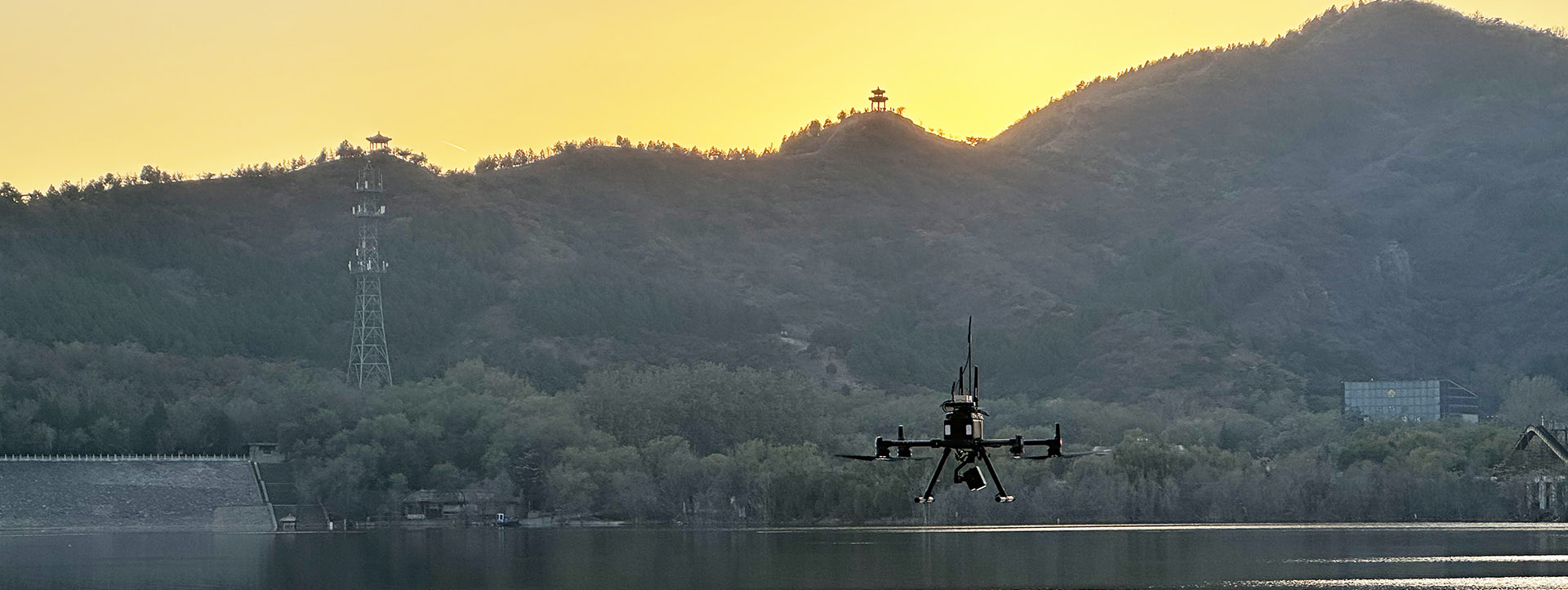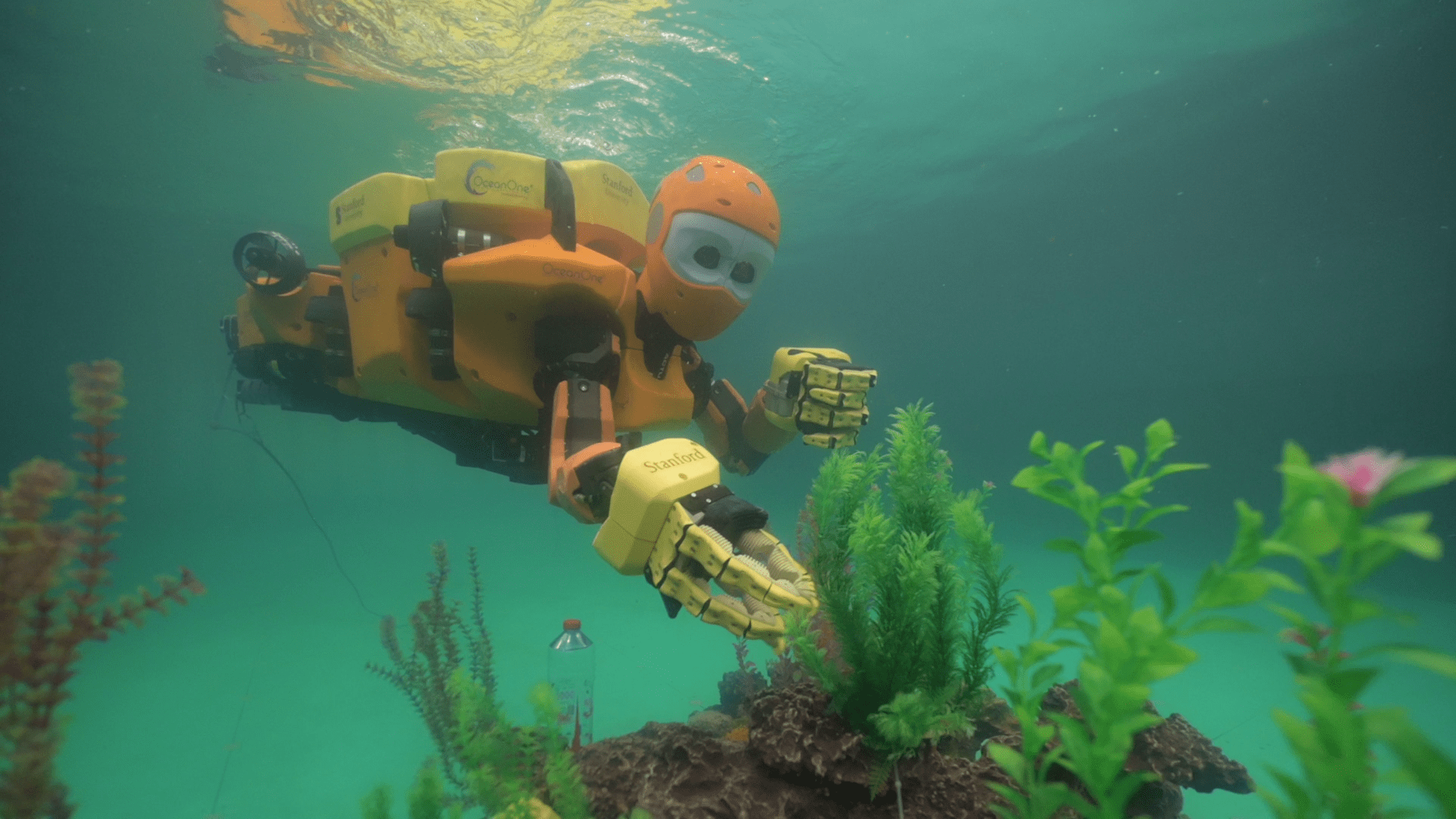Shaoming He, Professor, School of Aerospace Engineering, Beijing Institute of Technology, China
E-mail: shaoming.he@bit.edu.cn
Website: https://scholar.google.com/citations?user=ngDBADkAAAAJ&hl=zh-TW
Title:Operation of Heterogeneous UAV-USV system in a GNSS-denied maritime environment
Bio:Shaoming He received the B.Sc. degree and the M.Sc. degree in aerospace engineering from Beijing Institute of Technology, Beijing, China, in 2013 and 2016, respectively, and the Ph.D. degree in aerospace engineering from Cranfield University, Cranfield, U.K., in 2019. He is currently a Professor with School of Aerospace Engineering, Beijing Institute of Technology and also a recognized teaching staff with School of Aerospace, Transport and Manufacturing, Cranfield University and visiting Researcher at Centre for Autonomous Robotic Systems, Khalifa University. His research interests include aerospace guidance, multitarget tracking and trajectory optimization. Dr. He received the Lord Kings Norton Medal award from Cranfield University as the most outstanding doctoral student in 2020.
Abstract:In the evolving landscape of autonomous maritime operations, the synergy between Unmanned Aerial Vehicles (UAVs) and Unmanned Surface Vehicles (USVs) represents a frontier of technological innovation and strategic advantage. These systems, when operating in concert, offer unparalleled capabilities for surveillance, search and rescue, environmental monitoring, and naval warfare. However, one of the most challenging environments for these autonomous platforms is when the Global Navigation Satellite System (GNSS), the cornerstone of modern navigation, is denied or unavailable. This scenario, often encountered in contested or challenging maritime regions, necessitates advanced solutions that ensure operational effectiveness and strategic autonomy.
The operation of heterogeneous UAV-USV systems in GNSS-denied maritime environments demands a multifaceted approach, leveraging the latest in sensor fusion, artificial intelligence, and robust communication frameworks. These technologies enable UAVs and USVs to perform complex navigation, coordination, and mission execution tasks without relying on external satellite signals. The importance of this capability cannot be overstated, as it not only enhances the resilience and versatility of maritime operations but also ensures that critical missions can proceed uninterrupted in the face of sophisticated electronic warfare tactics or natural signal interferences.
This talk aims to delve into the intricate operation of UAV-USV systems in such challenging environments. We will explore the current state of technology, including the integration of vision-based guidance, and machine learning algorithms for dynamic decision-making and obstacle avoidance. Furthermore, we will examine real-world applications and a case study in MBZIRC 2024 that highlights the strategic value and potential of these autonomous systems in enhancing maritime security, environmental conservation, and search and rescue efforts.





